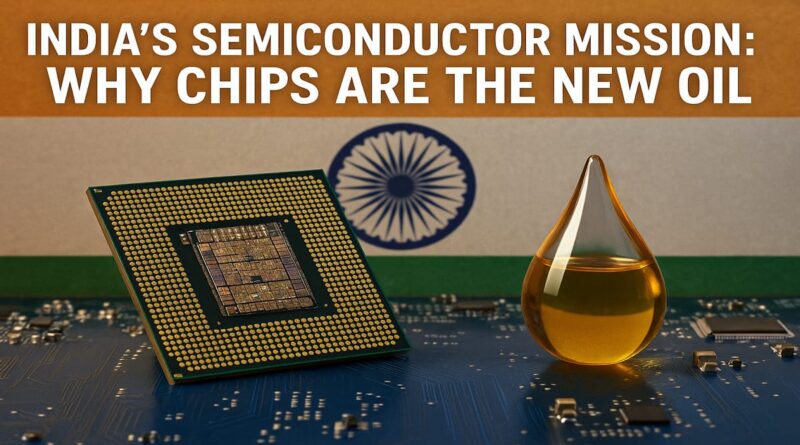The Chip Race 2025: Why Semiconductors Are the New Oil
If the 20th century was shaped by oil, the 21st is being defined by semiconductors. These tiny silicon wafers—smaller than a fingernail yet packed with billions of transistors—are the invisible engines powering our age of AI, 5G, and electric mobility. Without them, your smartphone wouldn’t connect, your car wouldn’t drive, and even global stock markets would grind to a halt. It’s no wonder policymakers now call chips the “new oil” of the digital economy.
In 2025, the race for semiconductor supremacy is more intense than ever. The United States is doubling down with its CHIPS and Science Act, pouring billions into domestic fabs to reduce reliance on Asia. Taiwan’s TSMC, the world’s most advanced chipmaker, remains the beating heart of global supply chains—yet faces rising geopolitical tension with China. Meanwhile, Beijing has accelerated self-reliance efforts, channeling massive state funds to build a chip industry that can survive sanctions. Europe is investing heavily in fabs too, determined not to be left behind in the silicon race.
But this isn’t just a contest between nations—it’s a competition that affects daily lives. Every new iPhone launch, every AI breakthrough from ChatGPT to autonomous vehicles, every EV rolling onto highways depends on the speed and sophistication of semiconductor innovation. Shortages during the pandemic exposed the fragility of this system—when chips stalled, industries from automobiles to appliances collapsed. That memory has triggered today’s massive investments.
The irony is that as AI fuels demand for more powerful chips, AI itself is being used to design the next generation. Startups and giants alike are deploying machine learning to optimize chip layouts, cut energy consumption, and accelerate R&D cycles. We are witnessing a loop where AI needs chips—and chips need AI to evolve.
For readers in India, this global chip war isn’t just a faraway battle. It’s shaping prices of everyday electronics, the availability of cars, even the speed at which 6G will arrive. And with India itself entering the semiconductor game, the country could shift from being just a consumer to becoming a strategic producer.
Just as oil dictated geopolitics in the last century, semiconductors are rewriting the rules today. The chip race isn’t only about technology—it’s about sovereignty, security, and the digital future of nations.





